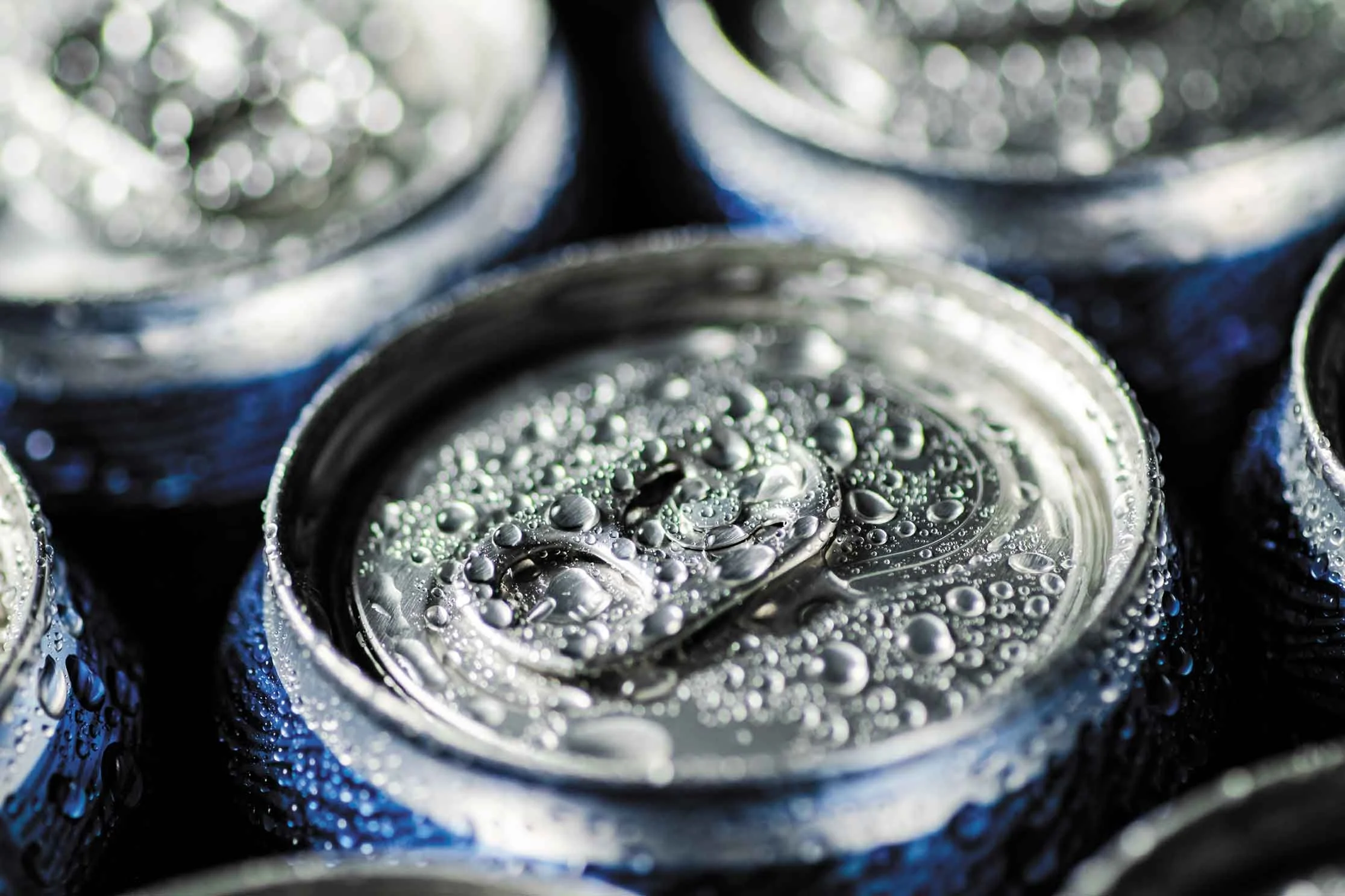WINEROCKS: The Case for Canned Wine & Meeting Numbers Wine
Kent wine communicator Natalia Suta is busting myths and telling truths
Beer-drinkers have had it easy. Pop a can, raise a toast, no glassware or corkscrew required. Meanwhile, we wine-lovers have been lugging around stemware on a picnic, awkwardly wrapping bottles in damp tea towels trying to keep them cool and praying someone remembered the corkscrew and didn’t just bring vibes.
So when wine started turning up in cans - sleek, chilled, ready to go - it felt like a minor miracle. Same wine, same flavour, none of the faff - and yet, for some reason, canned wine has had to fight for its place at the grown-up table. But not anymore.
The canned-wine scene in the UK has exploded from just £2.5 million in sales in 2018 to £10.7 million by 2020. That’s a fourfold increase in just two years that is hard to ignore. Globally, the canned-wine market is projected to grow at a steady rate of 11.1% annually through to 2030 - a trajectory that points to serious staying power, not just a passing trend. Demand is being driven by quality, sustainability and, let’s be honest, sheer convenience. Younger drinkers especially are ditching the snobbery in favour of smart packaging. And why not? If you can have a thoughtfully-crafted wine that just happens to be in a 200ml recyclable aluminium suit, why wouldn’t you?
Same Wine, New Suit
Let’s start with the question on everyone’s lips: is canned wine low-quality? In short: no. Canned wine isn’t a different kind of wine; it’s the same wine, made by the same winemakers, in the same way - just popped into a can instead of a bottle at the end of its journey. In blind tastings, even seasoned experts struggle to tell the difference between wine served from a can and the same wine poured from a bottle - the flavour, aroma and overall structure remain virtually identical. And no, it doesn’t taste metallic, unless you’re chewing on the can. The inside of a wine can is lined with a BPA-free, food-grade coating that keeps the wine from ever touching the aluminium. In summary, that sparkling rosé you love will taste exactly the same from a can as it will from a bottle.
Drink Now or Drink Later
A common misconception is that canned wine has to be drunk immediately, like a perishable impulse buy. Not true. Most canned wines are perfectly happy sitting on your shelf for 12 to 18 months, retaining their flavour and freshness just as well, if not better, than their bottled counterparts. That’s because aluminium protects against sunlight better than glass, which means fewer flavour-wrecking UV rays creeping in. That said, they’re still wine, not soup, tins, so store them somewhere cool and stable, just as you would a nice bottle.
Recyclable, Responsible, Ready
Canned wine isn’t just practical - it’s better for the planet. Aluminium is lighter than glass, stacks more efficiently and is infinitely recyclable without losing quality. That translates to a significantly smaller carbon footprint during production and transport. Cans also help eliminate wine waste. No more opening a bottle only to realise you didn’t actually want three glasses - or turning that ‘one glass’ into a bottle because you didn’t want to waste it (though, honestly, when has drinking a whole bottle ever been a real problem?).
Meet Numbers Wine: The South East’s Coolest Urban Winery
By now, hopefully you’re at least mildly thirsty and ready to give canned wine a go. If so, let me introduce you to one of my favourite recent discoveries: Numbers Wine. This indie darling of the English wine scene is run by Hugh Thorn and Caroline Price - basically the cooler couple you wish you were friends with. From their urban winery in E2, they craft small-batch, low-intervention wines using English-grown grapes like Bacchus, Rondo and Pinot Noir. Their vibe is working with growers who farm responsibly, keeping sulphites low, and bottling (or canning!) only when the wine is ready. It’s modern winemaking with a conscience, without any of the heavy-handed marketing or mystique.
And now they have put one of their absolute stars in a can. Bacchs Fizz is a dry, skin-contact sparkler that hits you with rhubarb tang, ginger spice, bruised apple funk and a cheeky touch of orange peel. There’s structure, there’s zip and there’s a savoury little edge that keeps things interesting. It’s the kind of wine you could drink straight from the can at a festival or pour into a coupe for a dinner party and still get approving nods from the most discerning of guests.
As more independent producers follow suit, we’re likely to see the range of canned wine in the UK get more exciting, more experimental and - crucially - more visible. From train rides to tasting menus, these cans belong everywhere. And if you ask me, the revolution isn’t coming. It’s already in your fridge.












